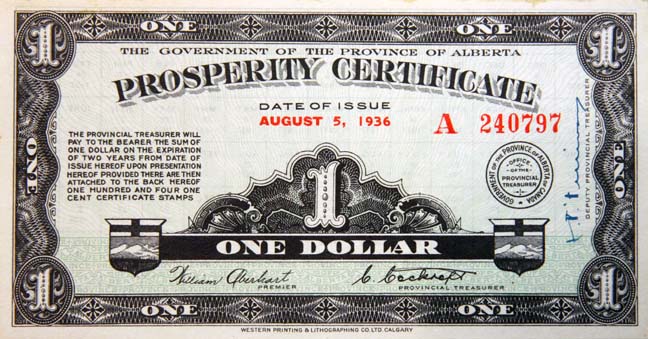 If there was one wrong assumption about the government of the New Labour years (and there was), it was the idea that no administrative problem was immune from the solution of a giant database and call centre.
If there was one wrong assumption about the government of the New Labour years (and there was), it was the idea that no administrative problem was immune from the solution of a giant database and call centre.I have mentioned this before, but feel increasingly that it is one - though only one - of the factors behind the widespread disaffection, political and otherwise, that seems so all-pervasive.
I was reminded of this when I read the story of Comcast in the USA. Now Comcast is a cable provider, and not a very popular one. This particular story, in Wired magazine, described how a subscriber fell out with them and wanted to cancel her contract.
These database companies - TalkTalk, Virgin, E.on etc - will fight quite hard to prevent you from cancelling contracts, and will put you through to trained negotiators who often make matters worse.
In this case, Comcast failed to persuade their customer to stay, so instead they changed their name to 'Asshole' in the database. That meant that bills were delivered during the remaining months to 'Asshole Brown'.
Comcast is a fascinating company. One long night in 2006, a repairman from Comcast arrived at the home of a man called Brian Finkelstein and, after some time on the phone, he fell asleep on the sofa. Finkelstein filmed him snoring and stuck it online, together with the sound track of a song called ‘I need some sleep’.
The repairman was fired. But it transpired that he had actually fallen asleep after waiting over an hour on the phone to get through the useless systems that ran the call centre at his own office. This story seems horribly familiar to most of us who have to deal with organisations, and with call centres in particular.
But there is something else familiar about it – the slow realisation that it isn’t the fault of the repairman, or the person on the end of the phone; it is the system, stupid.
As I described in my book The Human Element, the poor individual in the call centre is probably as much a victim, if not more of a victim, than the people phoning up. They see only a tiny slice of the task that has to be done. They have to use a software system that often bears little relation to whatever the caller wants.
They are expected to get rid of the caller as quickly as possible, are regulated about the precise time they are allowed to spend in the loo, and have every aspect of their work measured and reported to their bosses.
Now it so happens that I'm having an argument with TalkTalk myself after AOL cancelled my broadband contract when I moved house.
The contract ended officially in October and I had no more to pay. But every month or so, TalkTalk sends me a warning that I still owe a some which is always around £10.
I always kick up a stink and they always tell me that I actually know nothing and they can't understand why it is happening.
I know, for example, that it couldn't possibly be that they have a random system that sends £10 bills every month or so to their ex-customers. I mean that would be insane? Wouldn't it?
And here is the central truth: if we programme our organisations to approach people in certain ways - whether it is Comcast or TalkTalk with their ex-customers or Atos with disabled claimants - it isn't really a matter of ethics: their professionals and their databases will behave accordingly, though they wring their hands in public.
I believe that this sense of being trapped in a malevolent machine that we all of us have dealing with these companies - and if we are claimants, we deal with it with the stakes much higher - is a major reason why people are so cross.
Is it the fault of New Labour? No, though they must take some responsibility for re-thinking public services along these lines, and using bonuses and targets to programme them so disastrously. But if you put people inside Kafka-esque machines, you shouldn't be surprised if they get cross.








